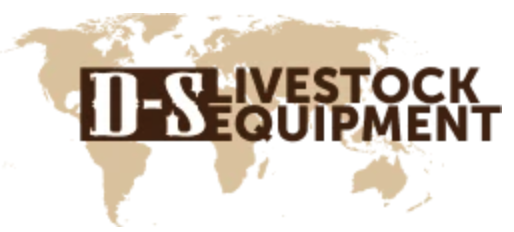If You Are Starting Your Own Cattle Operation, We Offer Top-Quality Equipment for Your Needs!
If you are beginning a cattle operation, you will want to learn how to safely do so. These large creatures can be dangerous if they aren’t handled properly. Here are some tips to help.
Choosing Your Cattle Breed
If you are a beginner at raising cattle, you will need to determine which breed will be best for your operation. Here is a brief description of some of the most common cattle.
Holstein: These rather large cows come in around 1,500 pounds when mature. Commonly used as dairy cows, they potentially produce over 17,000 pounds of milk and more than 600 pounds of butterfat each year.
Jersey: These big-eyed beauties produce milk high in butterfat while weighing in around 1,000 pounds. While small compared to their Holstein counterparts, they are happy grazers that thrive even in the heat.
Guernsey: Coming in at about 1,200 pounds when mature, this breed supplies you with high-butterfat milk even though they tend to consume less feed than some of their bigger cousins.
Handling Tips
-Don’t try to handle agitated cattle, if possible, wait for about half an hour for them to calm down. They can be safely handled when they feel calm and secure.
-Your cattle’s eyes are on the sides of their head so they cannot see behind them. Don’t spook them by approaching them suddenly or yelling at them, as they just might accidentally swing around and trample what’s in their path.
-Maintain cattle-friendly facilities that will keep your cattle safely locked up with gates and pins closed, and we can help with that!
Water for Hydration
Whatever breed you end up choosing, make sure they get the amount of water they need to continue eating enough, staying hydrated and maintaining optimal body function. The amount depends on their production cycle and age. In the summer, cows and bulls can require up to 20 gallons of water a day while a lactating cow easily consumes more. Cattle grazing on lush grass requires less water, while cattle munching on dry feed (or hay) will need more. It is recommended that your cattle have access to a constant source of clean water.
If you are in the market for cattle handling equipment, chances are we have it! Feel free to check out our catalog. Give us a call at 800-949-9997 or email us with your questions!
